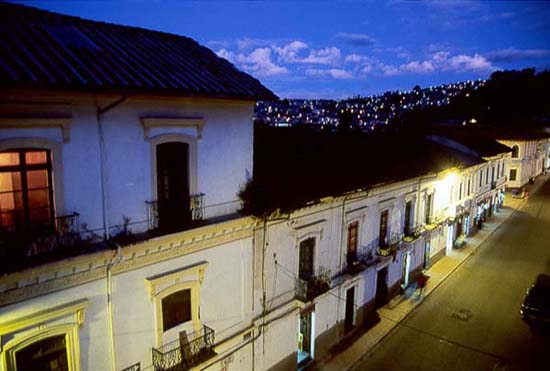
The Peace Corps, and Postcolonial Travel Literature: Moritz Thomsen was a Peace Corps volunteer who remained permanently in Ecuador and wrote three non-fiction books in the mode of travel literature about his adopted home
Paul Theroux, the Peace Corps, and Postcolonial Travel Literature
David Espey
University of Pennsylvania
despey@dept.english.upenn.edu
The Peace Corps constituted a new kind of American travel and expatriate experience for volunteers who started working in the Third World in the 1960's. The volunteers saw themselves as living and traveling in a style which was consciously more "native" and spartan than that of other European and American expatriates and travelers, more sympathetic to the non-western cultures in which they lived. Volunteers also developed a paradoxical sense of home while living, in effect, in a constant state of travel. The most famous travel writer to emerge from the Peace Corps, Paul Theroux, experienced this paradox in Malawi, and the experience started him on his life of travel and writing. In Africa, he realized, "my need for external stimuli inspired me to travel," and yet he associated Africa--and the basic impulse to travel-- with the search for "idealized versions of home." Theroux, expelled from the Peace Corps for political activity, dealt in fiction and non-fiction with the peculiarly American qualities of the organization (its institutional morality, optimism, political innocence, national self-promotion) and the ironies resulting from the collision of these qualities with post-colonial realities.
A contrast to Theroux is Moritz Thomsen, a Peace Corps volunteer who remained permanently in Ecuador and wrote three non-fiction books in the mode of travel literature abouthis adopted home. A number of other Peace Corps volunteers have had also written fiction and travel literature drawn from their experience; like Theroux, they evoke European, and especially English writers from the days of empire as their literary ancestors. Their travel writing, collected in a volume called Upcountry: Travel Essays by Peace Corps Volunteers (1994), makes an interesting comparison to Theroux's. I'll analyze Peace Corps writing as a subcategory of travel writing-- a quintessentially American encounter with the post-colonial world--and use it to illuminate Theroux's work.
